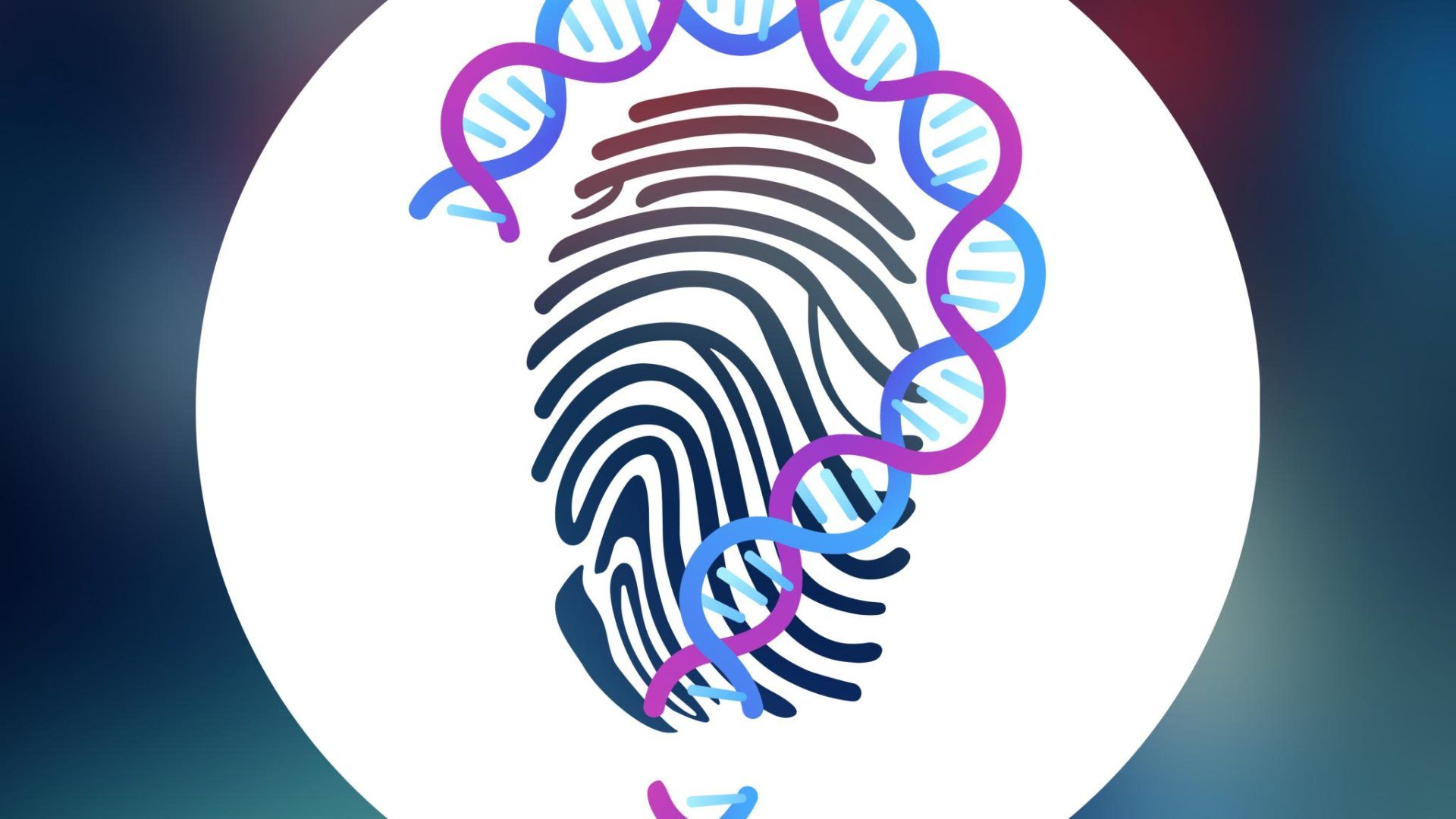Risky profiles: Societal dimensions of forensic uses of DNA profiling technologies
Editorial: Risky profiles: Societal dimensions of forensic uses of DNA profiling technologies
In the last 25 years, according to Heineman, Lemka and Prainsack, DNA profiling technologies have revolutionised forensic science and criminal investigations, reshaping our understanding of these processes and how they are managed and regulated. DNA testing is widely viewed, not just in public perception but also within legal frameworks, as a nearly infallible method for identifying individuals and linking evidence from crime scenes to specific suspects. This deep trust in forensic DNA technologies has positioned them as vital components of national criminal prosecution and justice systems. Furthermore, as globalisation and digital communication continue to expand, crime and prevention strategies are increasingly being addressed by agencies and policymakers that operate beyond traditional national boundaries.
Historically, there has been a striking absence of comparative analyses in the social sciences regarding forensic technologies. Victor Toom’s article marks a significant step in filling this critical gap. By systematically comparing the governance structures and organisational approaches of two national forensic DNA databases, the National DNA Databank of England & Wales (NDNAD) and the Dutch DNA database. Toom unveils essential similarities and differences in their operations. While he cautiously concludes that the Dutch DNA database is equally effective in facilitating criminal investigations, he highlights that its organisational structure upholds individual rights and legal principles to a greater extent than its English counterpart. This analysis not only provides vital insights into the distinct trajectories of these two national databases but also proposes criteria for a model of “best practices” that could enhance the international and European coordination of DNA databases.
As the examination of existing literature and the articles featured in this Special Issue illustrate, social science and Science and Technology Studies (STS) scholars are making indispensable contributions to challenging and reframing the narrative that casts DNA technologies as faultless producers of scientific truth. Yet, there remains a pressing need for more empirical research into the influence of science and technology in criminal investigations and the practical application of forensic technologies within police work. Additionally, a conceptual reevaluation is necessary to address critical “unexamined assumptions” that have guided previous research in this area. By pushing for these advancements, we can foster a deeper, more nuanced understanding of the intersection between technology and justice.
Read more from the source.
Source: Torsten Heinemann, Thomas Lemke, and Barbara Prainsack (2012), Risky Profiles: Societal dimensions of forensic uses of DNA technologies. New Genetics & Society 31/3: 249-258. https://www.tandfonline.com/doi/full/10.1080/14636778.2012.687132
Image: Practical aspects of DNA-based forensic studies in dentistry - Scientific Figure on ResearchGate. Available from: https://www.researchgate.net/figure/Sources-of-DNA-for-forensic-analysis_fig1_51737474 [accessed 29 Sept 2025]









